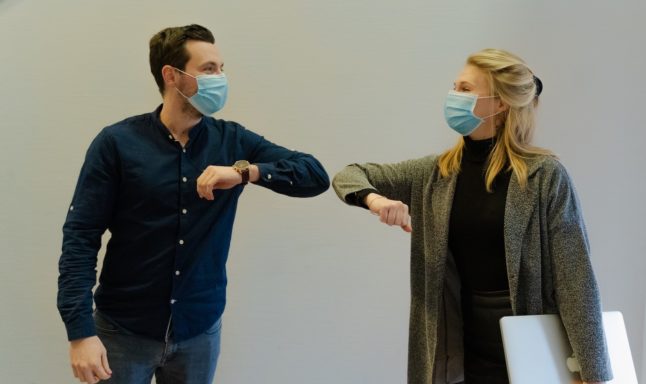The Swiss government announced that non-essential shops, museums and library reading rooms will reopen, along with outdoor sports and leisure facilities, zoos and botanical gardens.
When making the announcement, the government said the country can gradually take the first steps out of Covid-19 restrictions and into the “gradual normalisation of social and economic life”.
Outdoor events for family and friends and sports and cultural activities involving up to 15 people will also be permitted.
“With this cautious reopening, the Federal Council is aiming to achieve a gradual normalisation of social and economic life, even though the epidemiological situation remains precarious because new, more infectious variants of the virus are circulating,” the government said in a statement.
“The initial reopening phase from March 1st essentially involves activities that allow people to wear masks and maintain social distancing, and that only involve small numbers of people or meeting outdoors.”
Restrictions aimed at reining in the coronavirus pandemic were imposed in December and January following a major spike in case numbers.
The government intends to ease off the measures in stages.
The next stage in reopening is scheduled for March 22nd, when the government hopes to allow the opening of outdoor areas at restaurants, changes to the requirement to work from home, and a limited number of spectators at sporting and cultural events.
“If the epidemiological situation improves in the coming weeks, it will also consider reopening indoor areas in restaurants,” the government said.
More than 550,000 people have tested positive for Covid-19 in Switzerland, population 8.6 million, while more than 9,200 people have died.
More than 675,000 vaccine doses have been administered, giving Switzerland one of the better doses per population rates in Europe.



 Please whitelist us to continue reading.
Please whitelist us to continue reading.
Die Schweizer sind nicht schlau. Man sollte meinen, sie würden das Land und die Wirtschaft vor hohen Covid-Zahlen und neuen Varianten retten wollen. Aber nein. Sie sind wie Kinder, die nach einem Spielzeug schreien, wenn man es ihnen wegnimmt.
Ihr Verhalten ruiniert den Ruf der Schweiz. Schade. macos/deepLFree.translatedWithDeepL.text
Frankly, I disagree. Outdoor dining is a much lower risk than indoor activities. Sunlight/UV kills viruses and the moving air outside makes outdoor activities low risk. People are meeting often anyway indoors in private homes. Better we have them meet outdoors in the sunshine.
Yes, outdoor is ok. But indoor – that’s a problem. It is one of the worst things one can do, along with gyms.